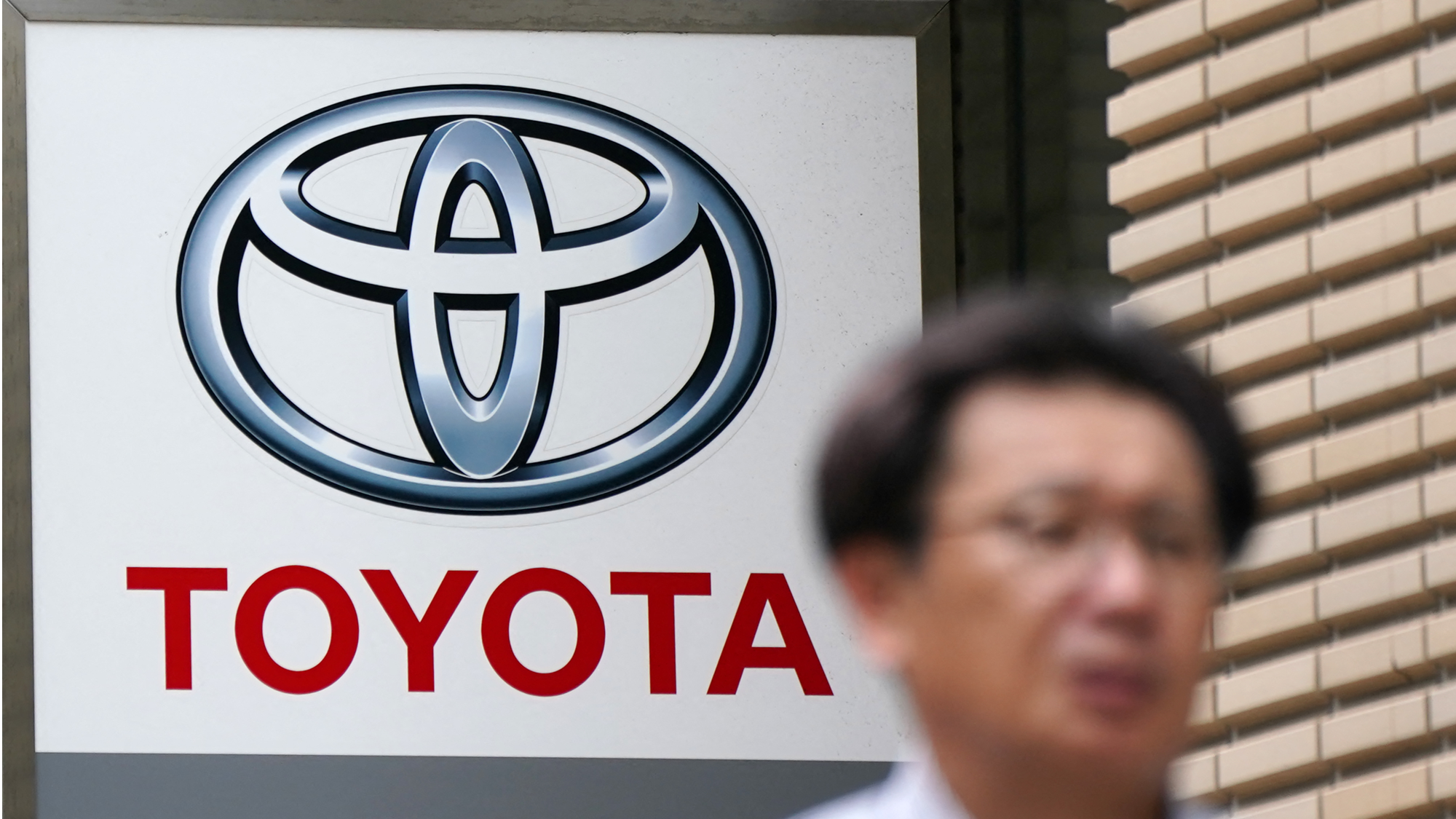
Toyota Motor Corp lowered its annual guidance as it warned of a ¥1.4 trillion ($9.5 billion) hit to its bottom line from US tariffs that have rattled the global automotive industry.
The world’s biggest carmaker now sees ¥3.2 trillion in operating income for the fiscal year ending in March 2026, it said Thursday. That’s down from its initial forecast of ¥3.8 trillion, and also missed analyst expectations.
The carmaker reported operating income of ¥1.17 trillion in the first quarter, down 11 percent from a year earlier, though beating analysts’ predictions for ¥890 billion. While price hikes in some regions helped that metric, the tariff impact was ¥450 billion for the period.
READ MORE: Tariff crossfire hits Toyota, Nissan, Ford suppliers in Japan
The outlook, which coincides with the start of President Donald Trump’s sweeping new tariffs, marks the carmaker’s most comprehensive account of its likely impact beyond a previous estimate that it faced a ¥180 billion hit in April and May alone.
Toyota’s estimate dwarfs recent forecasts from global heavyweights as the auto industry contends with fast-changing policies that are seeing costs balloon. Ford Motor Co said last week that it sees a net tariff impact of $2 billion, about $500 million more than the company expected previously. Meanwhile, Stellantis NV sees tariffs setting back earnings by about 1.5 billion euros, and General Motors Co said its exposure is $4 billion to $5 billion.
Its forecast is also more pessimistic than Japanese peers. Subaru Corp pegs the tariff impact at ¥210 billion, Nissan Motor Co forecasts ¥300 billion and Honda Motor Co anticipates ¥450 billion. Toyota’s shares fell as much as 2.4 percent in Tokyo, before closing down 1.5 percent.
Japanese carmakers now face a 15 percent tariff on vehicles they send to the US after the two countries reached a trade pact last month that also includes plans for Japan to create a $550 billion American investment plan.
While the rate is lower than the additional 25 percent anticipated by the industry, uncertainties linger over the finer details of its implementation — auto tariff discounts for the EU, Japan and South Korea have yet to be codified and until they do, cars will face the higher charge.
READ MORE: Japanese PM pledges support for industries hit by US tariffs
Toyota said in July, in response to the deal, that it hopes for improved ties between the US and Japan, and called for further tariff reductions.
Despite the turmoil, Toyota logged record global sales during the first half of 2025, thanks to strong demand for its gas-electric hybrids in core markets. It sold 5.5 million units between January and June, a 7.4 percent bump from the previous year.
The carmaker expects group sales of 11.2 million this year. Toyota also plans to build a new vehicle manufacturing plant in Japan’s Aichi, with operations slated to start in the early 2030s and aimed at maintaining domestic production at 3 million vehicles.


